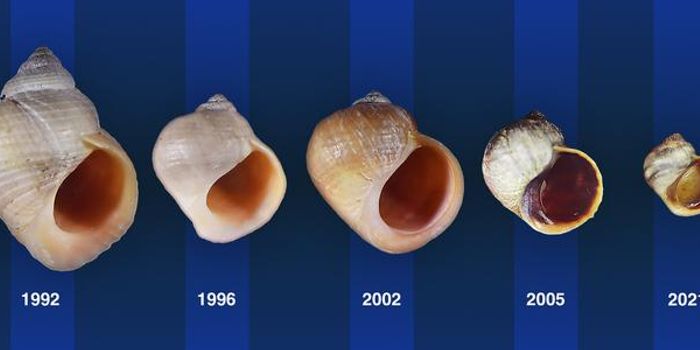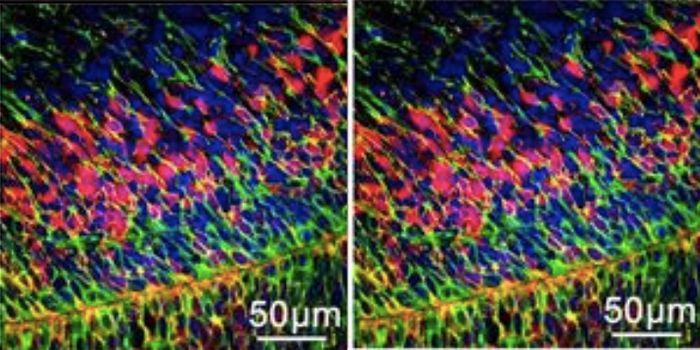Cocaine Changes Gene Expression in a Specific Part of the Brain
Scientists have begun to examine how cocaine exposure alters gene expression in a specific region of the brain. In a study reported in Science Advances, researchers focused on an area called the nucleus accumbens, or NAc, which has been closely linked to drug addiction as is a critical part of the reward circuitry in the brain. Addictive drugs raise dopamine levels in the NAc, and this study assessed how gene activity changed in individual cells there when exposed to cocaine. This work may help us learn more about how to treat drug addiction, and how drugs change the neurobiology of the brain.
The gene expression atlas that was generated is "a previously unachieved level of cellular resolution for cocaine-mediated gene regulation in this region," said Jeremy Day, Ph.D., an associate professor in the University of Alabama at Birmingham (UAB) Department of Neurobiology. "These results mark a substantial advance in our understanding of the neurobiological processes that control drug-related adaptations. They also reveal new information about how transcriptional mechanisms regulate activity-dependent processes within the central nervous system."
Dopamine signaling changes due to repeated drug use, altering gene expression in the NAc, and neural synapses. Unlike previous studies, this work analyzed gene expression in single cells in the NAc of rats, rather than the entire population of cells together. Of these 15,361 cells, gene expression was found to change in only a small fraction of them after cocaine exposure. Most of these were a subset of neurons that express a receptor called Drd1, a dopamine receptor.
The investigators followed up using a cell culture model and found that of the Drd1-receptor neurons, the activity of about 100 genes within these cells changed. Using CRISPR, the researchers targeted sixteen of the top genes for inactivation. They combined that approach with a CRISPR system in which the genome can be targeted in a very specific way but no cut is made. Instead, the activity of the sixteen genes was increased, but only in the NAc.
When the strategy was applied to a rat model, the animals became sensitized to repeated administration of cocaine, and behavioral changes caused by drug abuse became evident - they were made drug-dependent through genetic engineering, suggesting that these genes are closely related to the etiology of addiction. When this was done to cells in culture, the activity of many genes changed in response, including some involved in synaptic plasticity and ion channel function.
"Critically, these results represent the first demonstration, to our knowledge, of multiplexed gene regulation in any neuropsychiatric model, providing a roadmap for future studies to investigate the relationship between altered gene programs and neuronal disease states," Day said.
"While the present work provides insight into how cellular diversity contributes to transcriptional responses after an initial cocaine experience, repeated exposure to drugs of abuse promotes neurophysiological adaptations that are thought to drive compulsive drug-seeking long after cessation of use," he added. "Hence, it will be critical for future studies to expand on this work by examining the transcriptional consequence of repeated or self-administered drug use at the single-cell level, as well as understanding how these changes are maintained within different cell populations over longer periods of time and as a result of volitional drug experience."
Sources: AAAS/Eurekalert! via University of Alabama at Birmingham, Science Advances









